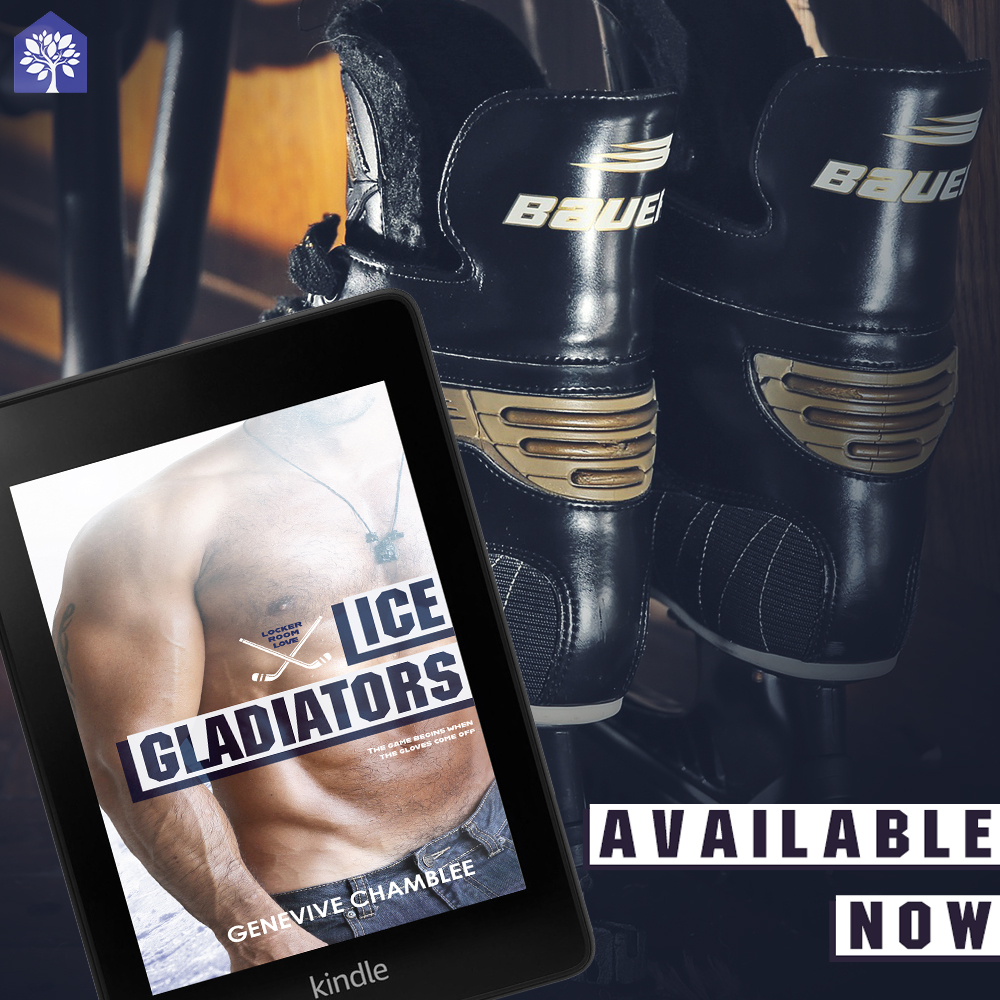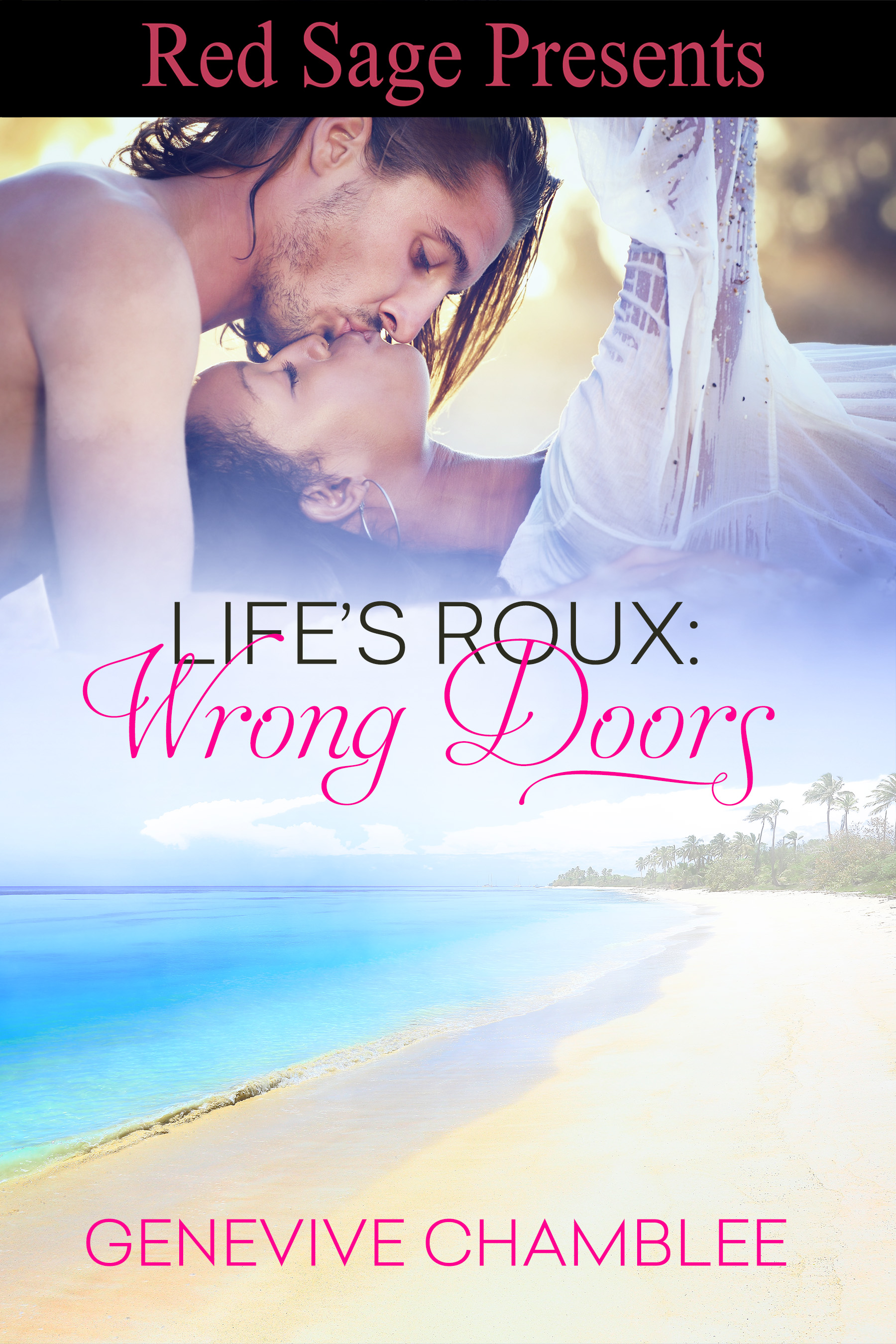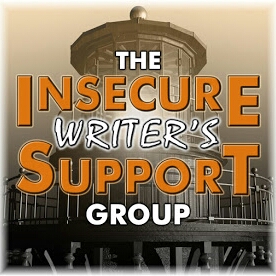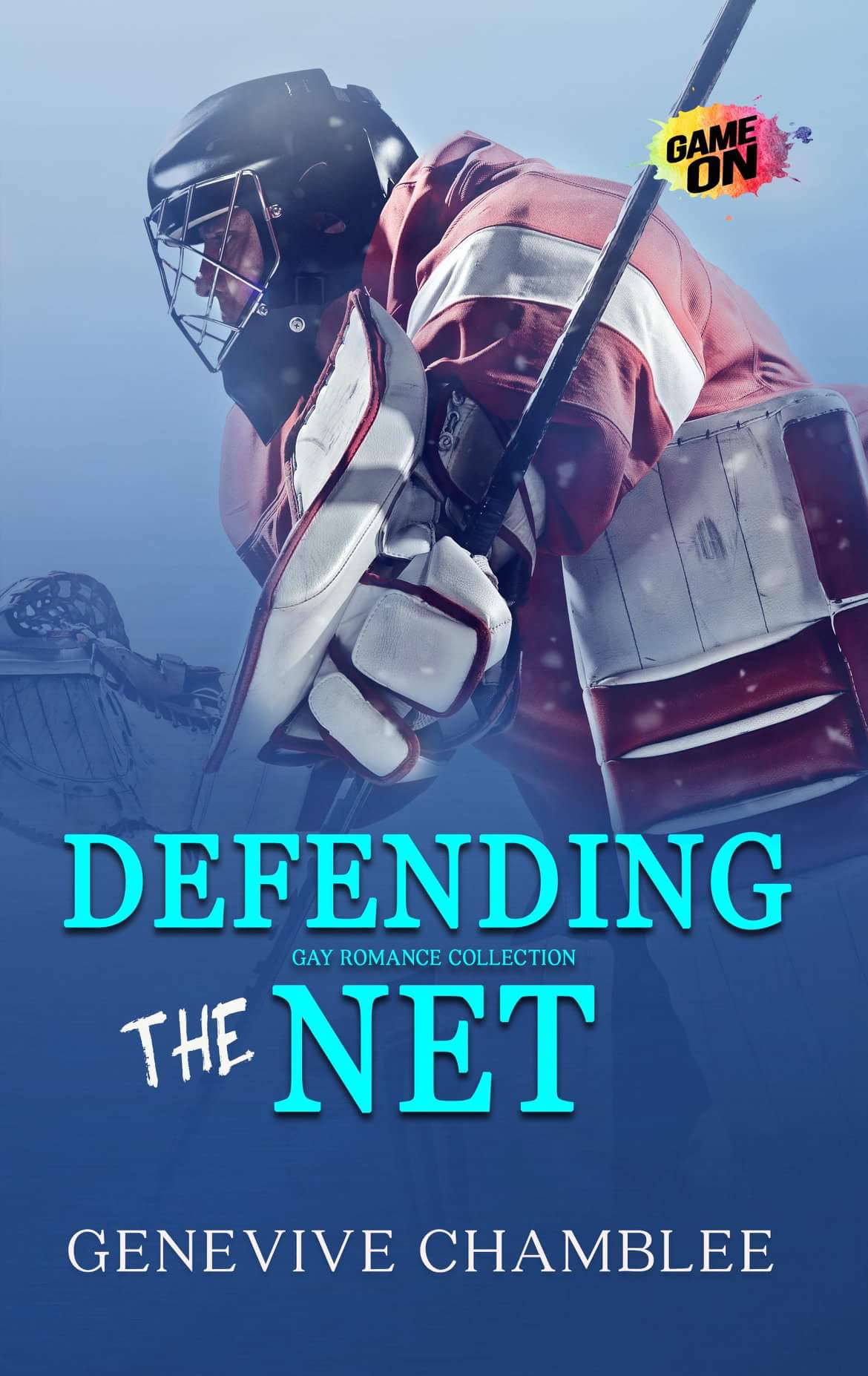April 23 is World Book Day. (Note: World Book Day is celebrated on the first Thursday in March in the U.K.) Reportedly, the date of April 23 was selected as the day of recognition because many famous authors have died on that date, which is a little unsettling for writers when one thinks about it. Authors who have death dates of April 23 include Miguel de Cervantes Saavedra (1547-1569), William Shakespeare (1564-1616), William Wordsworth (1770-1850), Rupert Brooke (1887-1915), Tim Keefe (1857-1933), Karl Polanyi (1886-1964), P.L. Travers (1899-1996), Harold Arlen (1905-1986), James Earl Ray (1928-1998), and Boris Yeltsin (1931-2007). It was created by the United Nations Educational, Scientific and Cultural Organization (UNESCO), an organization whose mission is to promote the opportunity for learning for everyone. The first World Book Day was celebrated in 1995.
The purpose of World Book Day is to promote pleasure reading. It’s interesting to hear so many people are turned off by reading when there was a time in history when people begged to learn to read. In fact, some groups of people were denied an opportunity to learn and would have been severely disciplined or even killed in some instances for attempting to learn. And even when reading became more common amongst larger groups, books were too expensive. There was a time in history when owning books was a display of wealth. Much of this had to do with the tedious process required to print a book.
Before television, the internet, social media, and the likes, books/reading was a main source of entertainment. Book reading and book clubs were popular. In a book, the reader can go anywhere or do anything. Books are truly another world. When I hear someone declare they dislike reading, I often wonder why and if they realize how much they are missing. A coworker once confided in me that she disliked reading because it made her think. Of course, the only books she’d ever read were the ones required in grammar and high school. I don’t even know if school book reports are a thing anymore. I remember back in my day (making myself sound ancient) that most of the books on the required reading list found dull and boring. But those just weren’t my jam. The beauty was there were thousands and thousands of other books for me to choose from.
However, perhaps what I found the most interesting was hearing a coworker rave about a book that was a media darling at the time. I won’t name the book, but it was controversial which is why it was trending. However, many writers and critics pointed out how poorly written the book was. This wasn’t a commentary or criticism about content. The author had not done research and elements of the story were just wrong, not to mention the poor grammar. And many people didn’t notice because they hadn’t read any other books. If one is starving, bitter herbs may taste sweet.
That’s all I have on this subject other than to say grab a book and enjoy World Book Day. If you’re looking for a read, I have a few.
What did you think? What is your take on the subject? Did you find this information helpful or informative? Did you learn anything new, or did it change your opinion? Let me know your thoughts in the comment section. Also, let me know if you would like me to cover more of these types of topics or dive deeper into this one. If you like this post, please click the like button and share it. Your feedback allows me to know the content that you want to read. If you’re not following me on Creole Bayou blog, what are you waiting for? There’s always room at the bayou.
Get ready. It’s time to hit the ice again. Future Goals has arrived and is available.
When a college hockey player needs the help of an attractive older attorney, he gets more than he bargained for when trying to sort out the troubles in his career. Falling in love was never part of either man’s plan, especially as Corrigan’s and Sacha’s lives should never have collided. Now they’re left questioning if they’re standing in the way of the other’s future goals, or if there’s room for redirection.

Order your copy at:
Amazon: https://amzn.to/3RjPYb9
Other booksellers: https://bit.ly/3CI8d5W
Did you miss the first four books in my hockey romance series? No frets.
Out of the Penalty Box (book #1), where it is one minute in the box or a lifetime out, is available at http://amzn.to/2Bhnngw. It also can be ordered on iTunes, Nook, or Kobo. For more links on where to purchase or to read the blurb, please visit http://bit.ly/2i9SqpH.
Defending the Net (book #2) can be ordered at https://amzn.to/2N7fj8q or www.books2read.com/defending. Crossing the line could cost the game.
Ice Gladiators (book #3) is the third book in my Locker Room Love series. When the gloves come off, the games begin. Available at https://amzn.to/2TGFsyD or www.books2read.com/icegladiators.
Penalty Kill (book #4) retakes the ice. Get a copy at https://amzn.to/3ex0N9p or https://amzn.to/3ex0N9p and let the pucker begin.

For more of my stories, shenanigans, giveaways, and more, check out my blog, Creole Bayou, www.genevivechambleeconnect.wordpress.com. New posts are made on Wednesdays, and everything is raw and unscathed. Climb on in a pirogue and join me on the bayou.
If you have any questions or suggestions about this post or any others, feel free to comment below or X (formerly tweet) me at @dolynesaidso. You also can follow me on Instagram at genevivechambleeauthor or search for me on Goodreads, Amazon Authors, BookBub, Bluesky, Threads, or TikTok.
NEWSLETTER! Want to get the latest information and updates about my writing projects, giveaways, contests, and reveals first? Click https://genevivechambleeconnect.wordpress.com/newsletter/ and sign up today.
Until next time, happy reading and much romance. Laissez le bon temps rouler.
Author Bio
Genevive Chamblee resides in the Bayou country where sweet tea and SEC football reign supreme. She is known for being witty (or so she thinks), getting lost anywhere beyond her front yard (the back is pushing it as she’s very geographically challenged), falling in love with shelter animals (and she adopts them), asking off-the-beaten-path questions that make one go “hmm,” and preparing home-cooked Creole meals that are as spicy as her writing. Genevive specializes in spinning steamy, romantic tales with humorous flair, diverse characters, and quirky views of love and human behavior. She also is not afraid to delve into darker romances as well.















